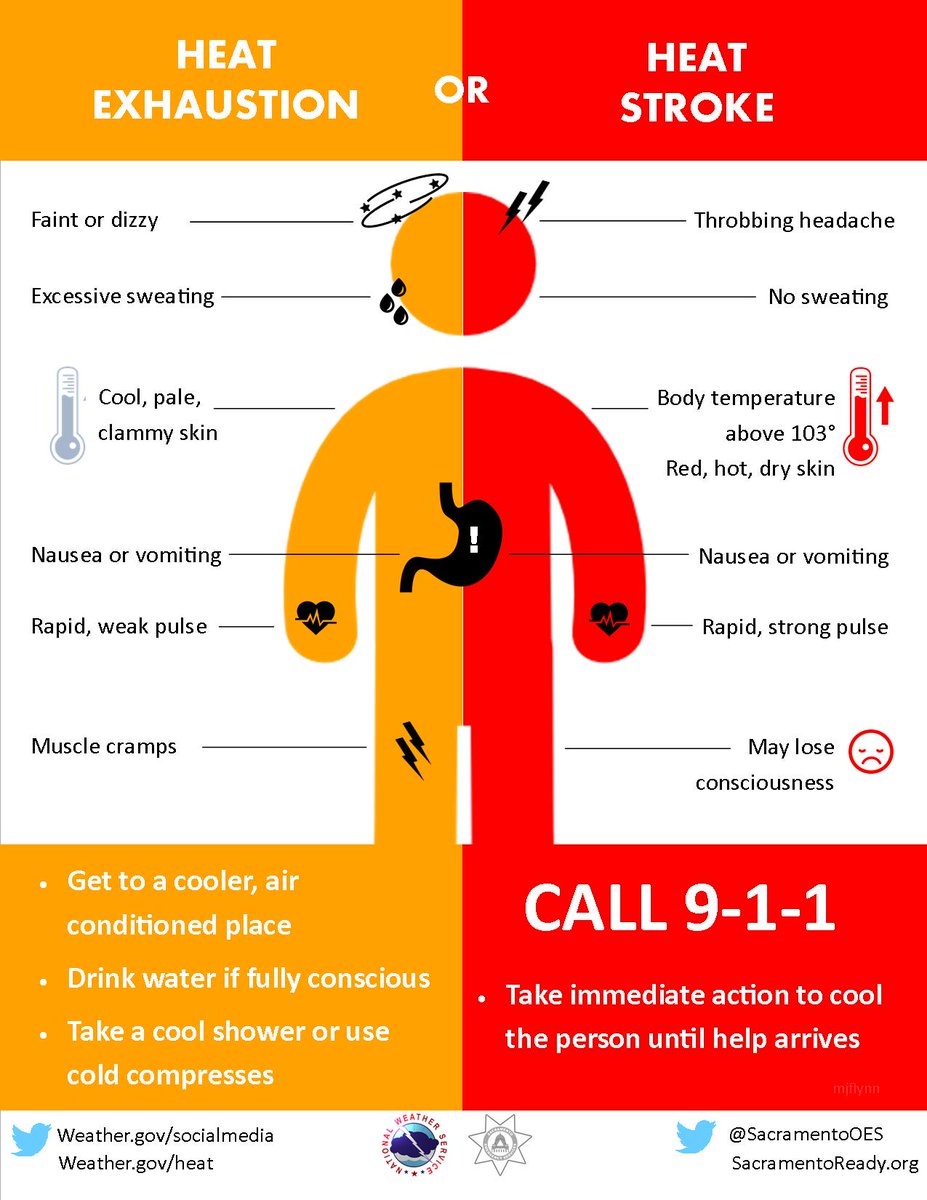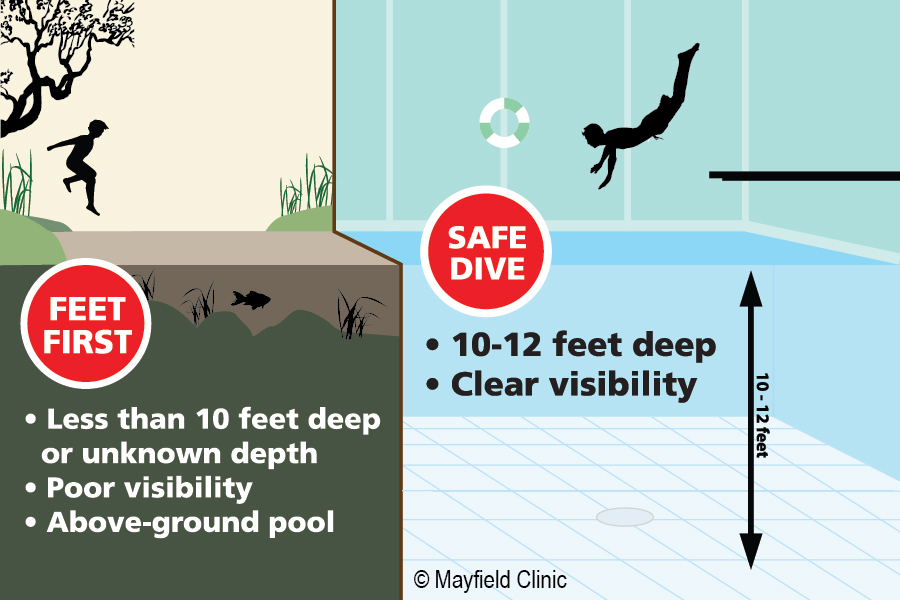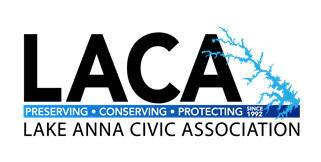By Sue Biondi – September 2021
Whether you’re having fun in the warm weather of summer or sitting by the fire watching the snow fall in the winter, as soon as you venture outside, you need to be aware of circumstances that can affect your health and safety. I am writing a series of articles each month that will pertain to various situations related to the time of year and how you can prevent common problems that are present in everyday life that may harm you or your loved ones.
This information is offered in a nursing continuing education booklet, EliteCME.com/nursing. As a registered nurse, I thought it would benefit members of the Lake Anna Civic Association as well as the community. Although we are near the end of the summer season, a few months remain where boating, swimming and other warm weather outdoor activities will continue, and where increased temperatures may continue and have an adverse effect on the body.
The first concern is hyperthermia. Outdoor exercising, whether walking, running or bicycling, causes the muscles to heat and perspiration to begin. As the body heats, blood moves to the skin surface in an attempt to cool itself. Drawing blood away from the main circulation reduces blood supply to the heart, brain and other vital organs. This can lower blood pressure and cause dizziness and dehydration. In the case of heat cramps, potassium and magnesium are lost in perspiration, causing muscles to cramp. An easy remedy is to stop the exercise, cool down and drink water or sport drinks to replenish lost electrolytes.
Heat exhaustion is an advanced form of heat related problems that may lead to altered circulation and brain function. In this case, a person should be moved to a cool environment, and be offered water or sport drinks until the body temperature lowers too normal.  Both situations can lead to heat stroke. This is where a person’s temperature reaches 104 degrees or above, becomes disoriented, and may have nausea and vomiting, rapid pulse, headache and confusion. This is a medical emergency and requires calling 911, as the person will need immediate professional intervention in a hospital setting.
Both situations can lead to heat stroke. This is where a person’s temperature reaches 104 degrees or above, becomes disoriented, and may have nausea and vomiting, rapid pulse, headache and confusion. This is a medical emergency and requires calling 911, as the person will need immediate professional intervention in a hospital setting.
Preventing heat related problems is fairly easy. Exercise early in the day, drink plenty of water or sport drinks, avoid drinking alcohol or caffeine that may cause further fluid loss and increase heart rate, and wear loose fitting clothing. Also, if you become aware of any heat-related symptoms, consider stopping the activity and taking appropriate action as described above.
Another concern in the lake environment is spinal cord injury (SCI). Whether jumping off a local bridge, swinging from a tree swing, or diving off a dock, the potential for SCI is present.  Statistics reveal that 80% of SCIs are males between the ages of 16 and 30. SCIs affect about 17,000 people in the United States annually. The severity of the injury depends on whether the spinal cord is partially or totally severed and the location of the injury on the cord, whether high near the neck or low near the waist and lower.
Statistics reveal that 80% of SCIs are males between the ages of 16 and 30. SCIs affect about 17,000 people in the United States annually. The severity of the injury depends on whether the spinal cord is partially or totally severed and the location of the injury on the cord, whether high near the neck or low near the waist and lower.
If an SCI is suspected, some symptoms are pain in the neck or back, inability to move arms or legs, or loss of bladder or bowel control. The first action is to call 911, then immobilize the person as much as possible by supporting the neck and holding the head still. If the person cannot breathe, indicating an injury high in the neck area, CPR or mouth to mouth breathing must be initiated until medics arrive.
With more knowledge about the signs and symptoms of common outdoor hazards, persons experiencing problems have a better chance of recovery and returning to good health with the proper early intervention.
If you would like more in-depth information about anything stated in this article, please contact me at sue.biondi@lakeannavirginia.org. Look for information on how to prevent other injuries or illness, including Lyme’s disease, snake bites, or allergies to plants and insects in next month’s newsletter. Stay tuned.
Sue Biondi
sue.biondi@lakeannavirginia.org
